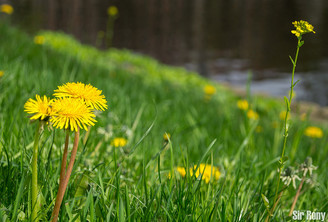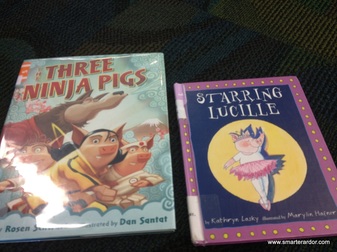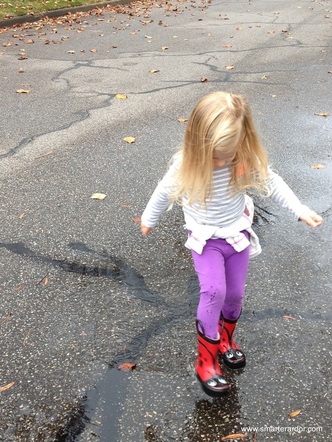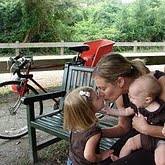
So as I sat, prepared to discuss my four-year-old, Mirabella, my bright but emotional, sensitive child, I worried. They told me about her school persona; mostly they talked about her strengths.
“When she meets a challenge,” I said, “she throws a fit.”
“We’ve seen a little of that too,” Clare, one of her teachers, said, “but the other side of that is that she is determined. She is persistent; we have not seen her give up until she gets it right. That will serve her so well later in life.” I paused. This had not occurred to me.
“We’re struggling at home,” I confided, “because she is volatile. We are working on reigning in her emotions, but she is very sensitive and loses control easily.”
“She is very sensitive,” Clare agreed, “and I can understand how that is challenging at home. But there is a positive side to that trait. Here at school, we might see it more than you do. She is incredibly empathetic. She notices when other children feel outside the circle, and she seeks them out. She relates their feelings to her own experience, and she works to draw them back in. It might be difficult now, but it will be invaluable in her life; it’s the kind of thing we struggle to teach, and it comes naturally to her.”
I blinked back tears. Until that moment, I’m not sure it had occurred to me that my children’s behavior was anything other than that: behavior to be guided, shaped, corrected. I had never considered that it was something more, that their behavior was a reflection of who they were. For the first time I realized I might often do better ruminating on the whole of their traits and their implications, then helping my children harness the power of their tendencies for good.
That sensitive four-year-old is now seven and three quarters. She worked all summer to perfect her splits for ballet this fall. She is trying to learn Danish phrases to reach out to the new student in her class who doesn’t speak any English. She cried while telling me she didn’t win Student Council representative for her class. She is still sensitive and determined, bright and empathetic, and I’m already starting to see the benefits of acknowledging who she is and helping her learn to work with her traits rather than “correcting” them.
 The books my children chose at the library, Emerie and Mirabella, respectively
The books my children chose at the library, Emerie and Mirabella, respectively 
I’m working to look for the good and find a way to shine a brighter light on it, and instead of correcting the bad, looking for ways to help my children cope with the repercussions.
What negative trait do you see in your child that may actually serve them well? What tools can you give them now to help them use it for good?
 RSS Feed
RSS Feed


